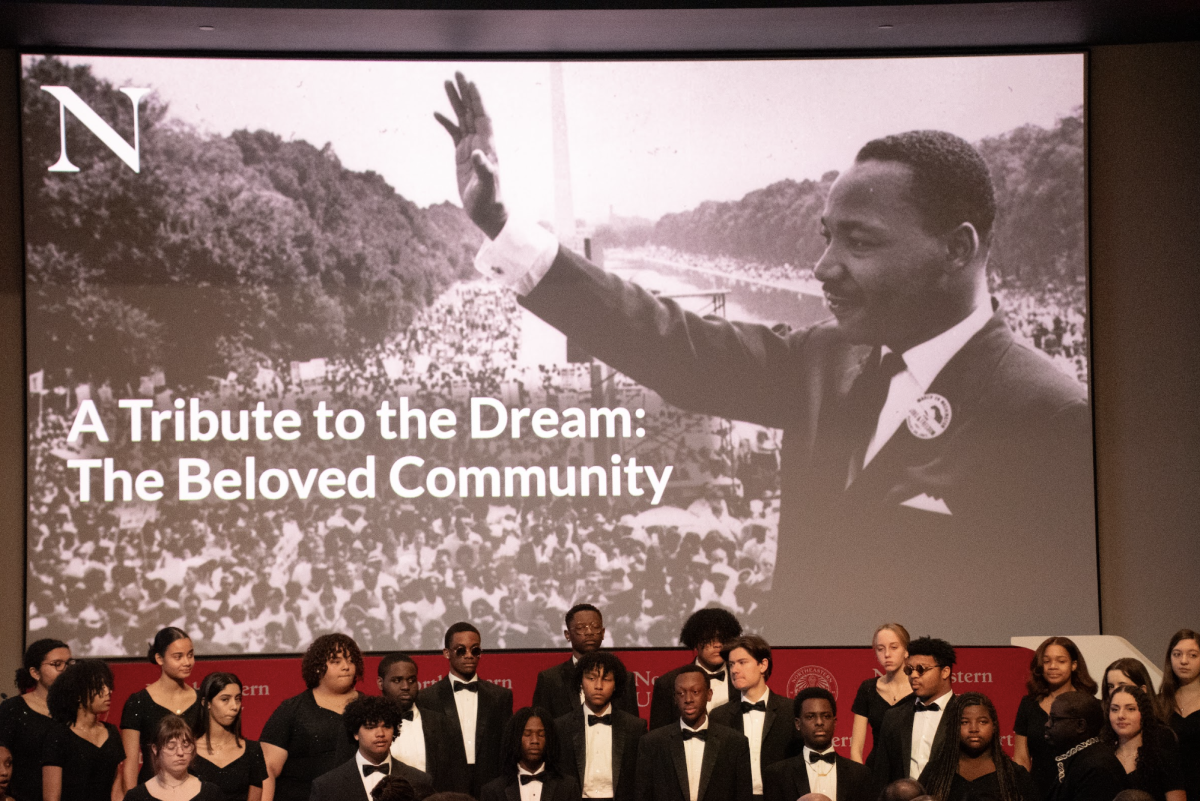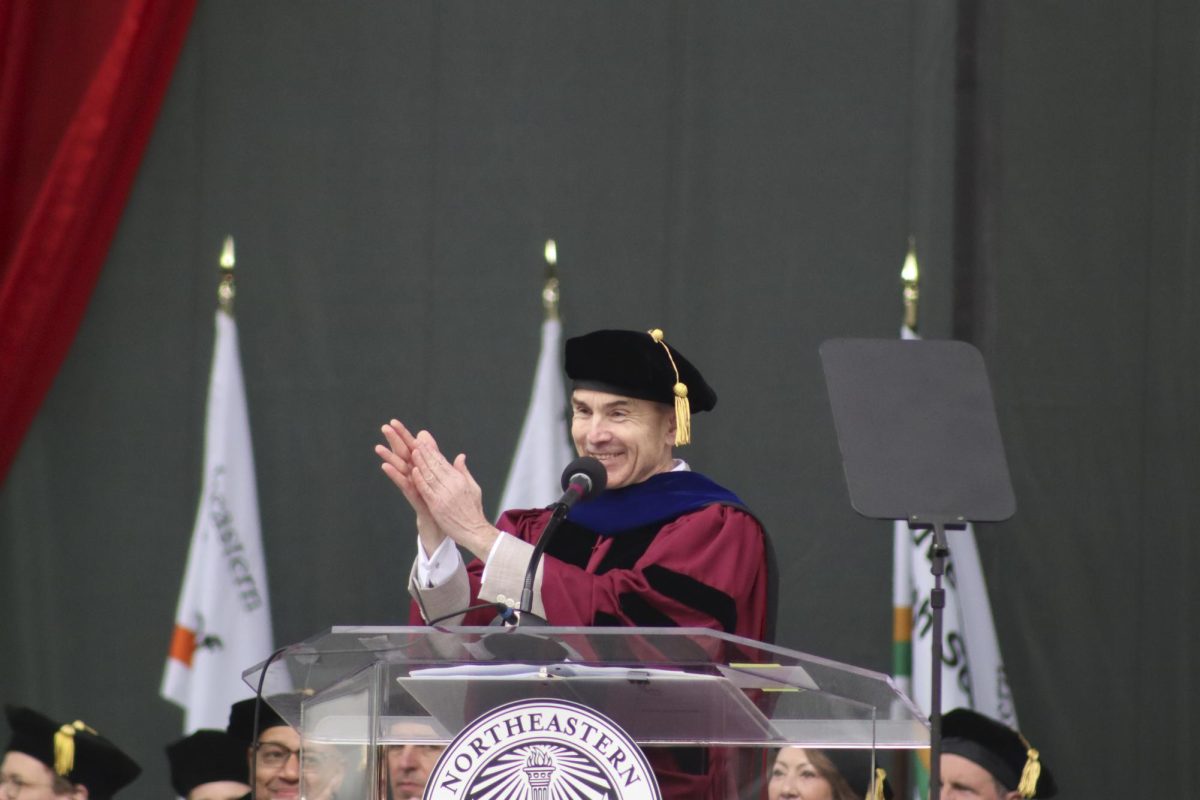By Jenna Duncan, News Staff
Effective today, college graduates who have to pay back student loans have a new option for repayment.
The United States Department of Education developed a plan in which students repay federal loans based on how much they make after graduation.
According to a June 29 New York Times article, the income repayment plan limits what the borrowers have to pay to 15 percent of the difference between their gross income and 150 percent of poverty guidelines, which is $10,830 a year for an individual in 2009.
Additionally, the balance of the loan is forgiven after 10 years of payments and employment for students who take public service jobs. This would include nonprofit organizations, government employees and teachers.
The balance will also be forgiven if the borrowers make all payments on time for 25 years.
If a borrower is unemployed, the program allows leniency, letting borrowers without work to defer payments for up to 3 years.
Senior psychology major Alex Edwards said he did not expect to make a lot of money upon graduation, but he was skeptical as to the practicality of the plan. He said he didn’t understand who would cover the difference when people stopped paying their loans.
‘I’m working two jobs now, and I barely make ends meet, so I’m thinking I’m definitely not going to be paying a lot of it right away,’ he said. ‘It seems like a nice idea, but like most nice ideas, I still wonder if it’s going to work.’
According to a June 16 Boston.com article, this was meant to encourage recent graduates to accept jobs in low-paying fields.
Director of Career Services Maria Stein said while money is a necessity, it should not change the way students decide which jobs they take.
‘I don’t think loan repayment is going to change a student’s job acceptance habit,’ she said. ‘The main factor is typically not the money. It’s whether it meets your personal and professional goals.’
‘








